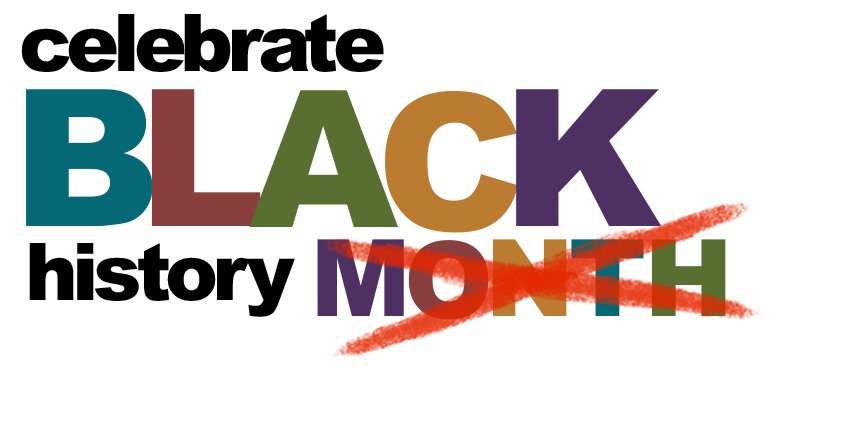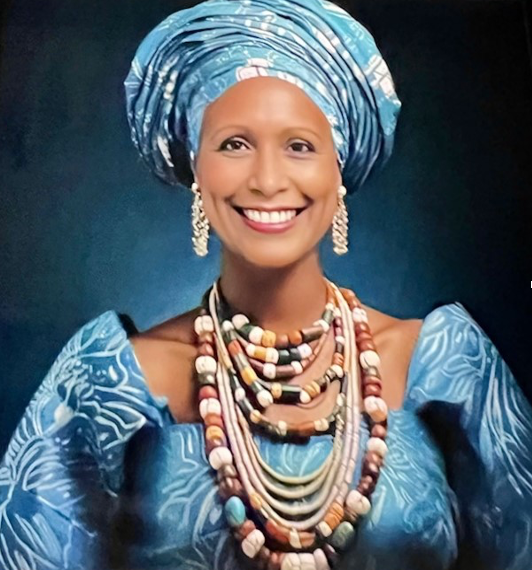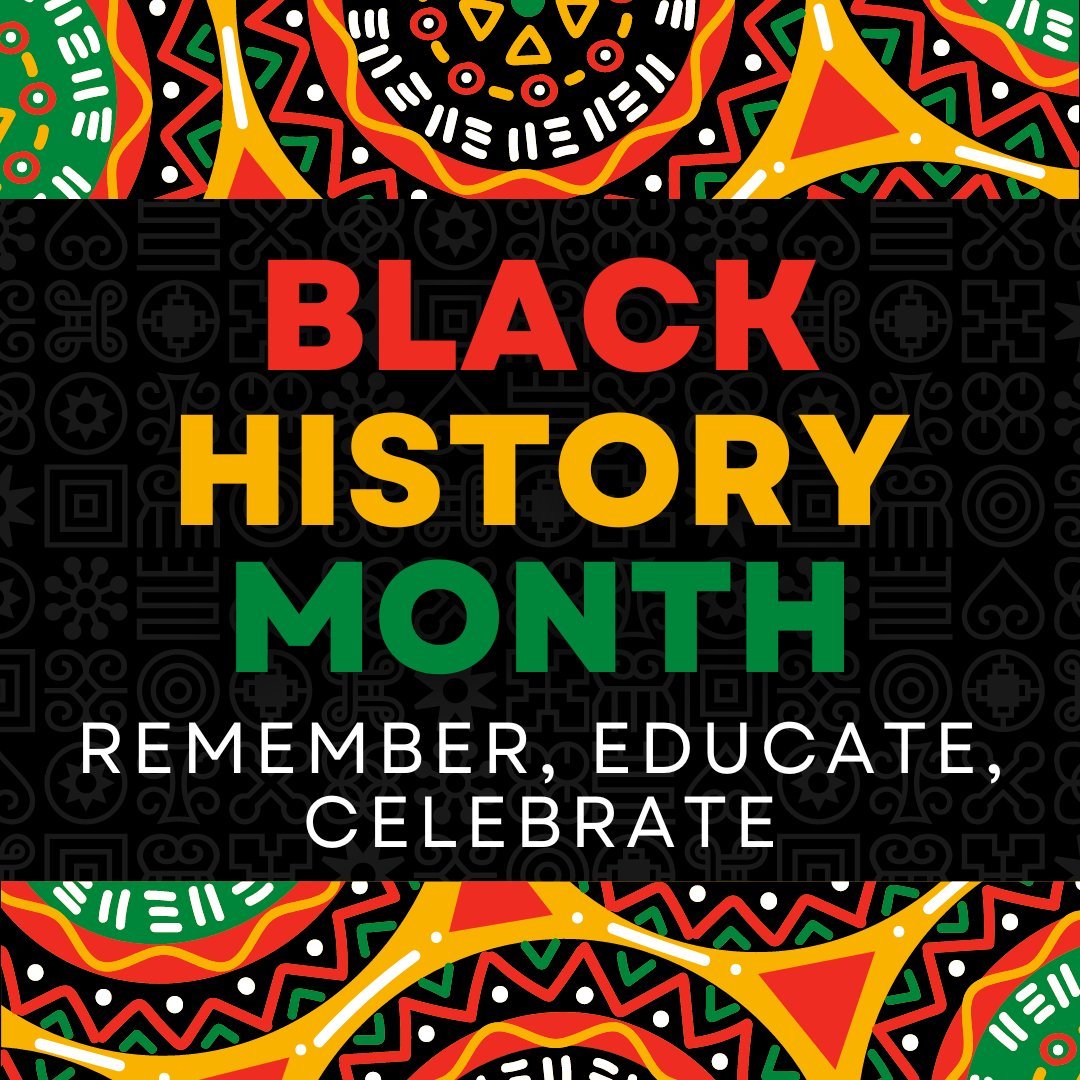This Black History Month, to amplify Black voices and foster meaningful conversations around Black mental health, Grant Halliburton Foundation is highlighting staff and board members who are driving positive change at the Foundation and throughout North Texas.
Today, we're spotlighting Rev. Dr. Pamela L. Fox, PhD, M.Div., LCSW-S, Foundation board member, to explore her experiences, insights, and contributions in creating a more inclusive, equitable, and mentally healthy world for the Black community.
How are you involved and impacting the Black mental health community in North Texas?
Since 2006, as a licensed clinical social worker, psychotherapist, mental health and wellness professional, and transformational coach in North Texas, I have provided high-quality mental health and wellness services, particularly to Black People of African Descent (BPOAD), also known as, members of the Black communities or the African American communities.
Given my professional experiences, especially as a fee-for-service solo entrepreneur and mental health provider in private practice in North Texas since 2017, I am aware that holistic health and wellness is the key to healing and recovery through the utilization of a biopsychosocial-cultural-spiritual approach, which can promote healing and recovery in the areas of the spirit, body, mind, emotions, work, career, vocation, and school, finances, lifestyle, and relationships.
It is recommended that these healing and recovery processes include trauma-informed and trauma-focused care, given the multiple life traumas that historically and currently Black People of African Descent face, and also given the traumas that our Black ancestors of African descent have faced.
When Black History Month is mentioned, what thoughts and sentiments come to mind for you personally, particularly about mental health?
In speaking my truth, I believe Black history in America is really American history and should be taught in our homes, school classrooms, faith- and community-based organizations, et al. This requires an Afrocentric cultural immersion and not just a theme-of-the-month activity in February.
On February 7, 1926, the Black scholar of African descent, Carter G. Woodson, initiated the first celebration of Negro History Week, which later led to Black History or African American History Month. It has now been extended to deepen the study and scholarship of the history of the African Diasporic People all year long (Zinn Education Project, 2024).
Black History Month originated in the United States and is now celebrated in Canada, and is also celebrated in October in Ireland, the United Kingdom and in Europe (Compton, W., 2016; May, T., 2016).
Woodson chose February as the celebration month because this month includes the birthdates of both President Abraham Lincoln, the signer of The Emancipation Proclamation, who was assassinated in 1865, and Frederick Douglass, the enslavement abolitionist. Herein, the celebration focus was to be on the countless contributions of Black People of African Descent who advanced human civilization (Zinn Education Project, 2024).
The 2024 theme for Black History Month is “African Americans and the Arts,” is infused with the awesome cultural and lived experiences of African, Caribbean, and Black American individuals and communities.
The arts culture of Black People of African Descent is expressed in the performing and visual arts, literature, folklore, fashion, film, language (e.g., African American Vernacular English, formerly known as Ebonics), music, architecture, culinary arts, and through other forms of artistic and cultural expression, including the art of resistance (Central Michigan University, 2024; National Museum of African American History and Culture, 2024).
Art from and by Black People of African Descent has been used for empowerment, historic preservation, the preservation of community memories, and so much more.
Due to colonization and enslavement (the human trafficking of Black People of African Descent), known as the Ma’afa or The African Holocaust, The Great Horror, The Great Disaster, and The Great Tragedy, our societal contributions have been eliminated or minimized.
This negation continues to have horrific negative impacts on the Black psyche, including the lingering impacts of post-traumatic slave syndrome (PTSS), from which healing and recovery from internalized racism and internalized self-hatred is still needed (DeGruy Leary, J., 2005).
What specific mental health issues do you find most prevalent or pressing within the Black community, and how do you address them in your work?
The late, great human rights activist, a formerly enslaved person, an abolitionist, and our ancestor, Frederick Douglass, said, “If there is no struggle, there can be no progress.” and “power concedes nothing without a demand. It never did and it never will.” (Advancement Project, 2024).
As a follow-up to those profound statements from our ancestor, I say that, “The struggle is real, but resilience is more real.” ™ (Fox, P.L., 2022), and so I endeavor to “inspire you to reach your full and highest potential.” ™ (Fox, P.L., 2019)
I believe that these affirmational statements necessitate Sankofa moments, i.e., to first look back in order to look ahead,” in the process of “silencing the shame” (Silence the Shame, 2024) and the “silencing the stigma” (Doctors of BC, 2019), particularly around mental health, mental illness, and holistic wellness.
As a mental health and wellness professional who serves Black People of African Descent, I am aware that healing and recovery begin with racial trauma assessment/evaluation, problem identification, and then solution-oriented interventions, such as psychoeducation and community education, acknowledging that “…mental health is health…” (World Health Organization, 1948; Austin, 2022).
However, given the long-standing physical health and mental health disparities in the communities of Black People of African Descent, other mental health professionals and I have to keep sounding the alarm about the significant care needs and to let the general public know that help and hope is available, including using social media.
“Addressing mental health care and services from a more culturally specific, inclusive and competent perspective, with the involvement of faith based and community based organizations, will go a long way to address the mental health and mental illness stigma.”
As a professional in the mental health field, how do you work to dismantle stigmas surrounding mental health in the Black community?
Given the personal, interpersonal, historical, transgenerational, chronic and complex post-traumatic stress, post-traumatic slave syndrome, collective trauma, adverse childhood experiences, adverse community environments, secondary or vicarious traumas that have been and are being experienced by Black People of African Descent, the assessment/evaluation, problem identification and solution-oriented interventions, such as psychoeducation and community education, again need to incorporate healing and recovery from racial trauma.
This racial trauma healing and recovery requires the dismantling of mental health stigmas (e.g., negative attitudes). It also requires knowledge of structural, systemic, and institutional anti-Black racism and oppression, which have led to mental health and physical health care disparities and barriers to care.
Some of these barriers have led to low-level public awareness and understanding of mental illness and mental health, limited access to mental health education, the perpetuation of generalized negative beliefs and stereotypes, judgmentalism, misinformation, cultural biases, and messages, including those that separate spirituality and religion from mental health care (Lyra Health, Inc., 2024).
Sadly, the mental health stigma messages may come from our family members, our friends, the media, our workplace, our schools, our faith communities, and our healthcare providers (Lyra Health, Inc., 2024).
Consequently, Black People of African Descent have to be and “stay woke,” i.e., culturally and holistically conscious, and work diligently to “silence the stigma” (Doctors of BC, 2019)… one day at a time.
The four main types of stigma are (Lyra Health, Inc., 2024) personal stigma, perceived stigma, self-stigma, and structural stigma.
Mental health and mental illness must be de-stigmatized to eliminate personal suffering, the worsening of mental illness, to decrease suicidality, financial problems, higher medical costs, the risk for houselessness/homelessness, incarceration, mental illness and mental health discrimination, lost work and school productivity, mental illness disability claims, school dropouts and employee turnover (Lyra Health, Inc., 2024).
But what can we do to break the mental health stigma? Here are six steps (Lyra Health, Inc., 2024):
Foster positive, supportive environments (e.g., home, school, work, communities, faith-based organizations) and work on stress reduction.
Have crucial conversations about mental health, mental illness, and wellness. Please keep these crucial conversations going.
Work on anti-stigma messaging and mental health/mental illness awareness. Be a mental health/mental illness and wellness champion.
Use positive, person-centered language, and choose your words carefully (e.g., don’t say “you’re so crazy” or “you’re so bipolar”).
Provide mental health/mental illness literacy training to de-stigmatize mental health and mental illness.
Seek out mental health/mental illness and wellness professionals who provide evidence-based- /research-based services and utilize evidence-based- / research-based resources.
How can mental health professionals better cater their services to be more inclusive and culturally competent for the Black community?
Unfortunately, many Black People of African Descent who have mental health, mental illness, and racial trauma issues are devalued in our society. They are stigmatized and face unique challenges in accessing mental health care, including the constraints of cost and affordability.
Furthermore, the vast majority of mental health providers are white people of European descent. As a result, Black People of African Descent may have significant challenges in finding culturally specific mental health providers who are sensitive to our needs for diversity, equity, and inclusion, have familiarity with critical race theory, have cultural competence skills and culturally specific training (Lyra Health, Inc., 2024).
Based on our lived experiences, Black men, women, children, and adolescents of African descent have specific perspectives on the etiology (i.e., racial trauma), meaning, and risk factors in our vulnerable communities and its marginalized populations and minoritized individuals, where mental illness may be unnoticed and untreated (Lyra Health, Inc., 2024).
Addressing mental health care and services from a more culturally specific, inclusive, and competent perspective, with the involvement of faith-based and community-based organizations, will go a long way to address the mental health and mental illness stigma, will promote mental health and wellness, will promote stress reduction, trauma, and depression awareness and will lessen suicidality (Lyra Health, Inc., 2024).
In conclusion, specialized gender, generational, and culturally-specific mental health and wellness interventions that honor ourselves and our ancestors will go a long way to optimize mental health and wellness in the communities of Black People of African Descent.
So, let’s keep hope alive, keep hope alive, keep hope alive! Right on!





